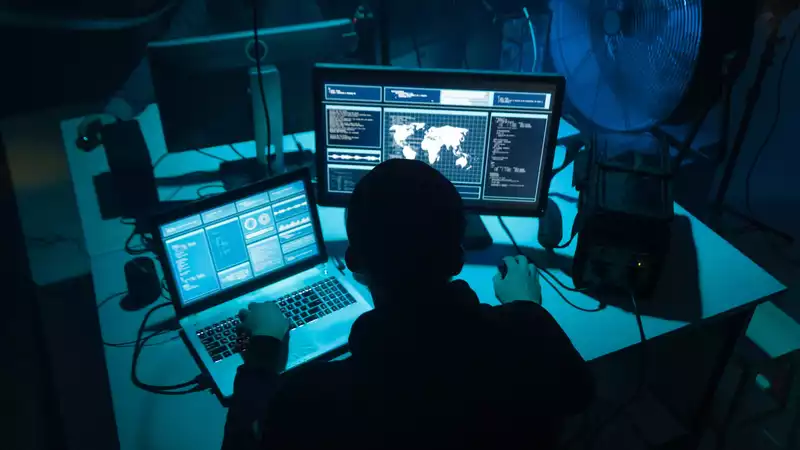A new study offers a glimpse into how much compromised credit cards, bank accounts, and other stolen information are being traded for in online criminal marketplaces.
Security researchers at Privacy Affairs have compiled a list showing how much cybercriminals charge for stolen data on hacker forums.
Privacy Affairs reports that American Express cards with valid PINs are the most profitable stolen credit cards, selling for an average of $35 each. However, online bank account login credentials with balances of at least $2,000 typically sell for $65 apiece.
The researchers also looked at non-credit card payment processing services and found that stolen PayPal details are in great demand in these forums; PayPal transfers of $1,000 to $3,000 are traded for an average of $320, oddly enough, PayPal transfers over $3,000 are only transacted for an average of $156. As for counterfeit documents, U.S., Canadian, and European passports trade at a staggering average price of $1,500. On the other hand, "high-quality" U.S. driver's licenses and European national ID cards both average $550.
The most expensive of the compromised social networking and webmail accounts are Gmail accounts, which trade for an average of $155.73 per account. Other account types in high demand include Facebook accounts ($74.50), Instagram accounts ($55.45), and Twitter accounts ($49).
Because cybercrime has become a service industry, fraudsters also sell malware and distributed denial-of-service (DDoS) attack services through these forums; the average price for 1,000 malware installations ranges from $70 to $6,000, with malware quality, success rate, and geographic coverage.
DDoS attacks, on the other hand, are inexpensive, averaging about $10 per hour for an attack on an unprotected website, with bulk discounts available for long-term use. For DDoS attacks on "premium" protected websites, however, the fee triples.
"For the average person, underground market data will not necessarily be of much use, as they are unlikely to shop around for stolen card data or PayPal accounts. While this is true, the prices at which these items are sold provide a powerful perspective," writes Miguel Gomez, cybersecurity expert at Privacy Affairs.
"If someone gets your financial information or social media credentials, the above prices are essentially what they are worth to them. Because to them, you are merely a marker for a quick buck."
To prevent cybercriminals from accessing your data, you need to use strong passwords (and one of the best password managers), avoid reusing passwords on different accounts, use security mechanisms like two-factor authentication, really share question the amount of personal information you have, and download and use one of the best antivirus programs available.










Comments